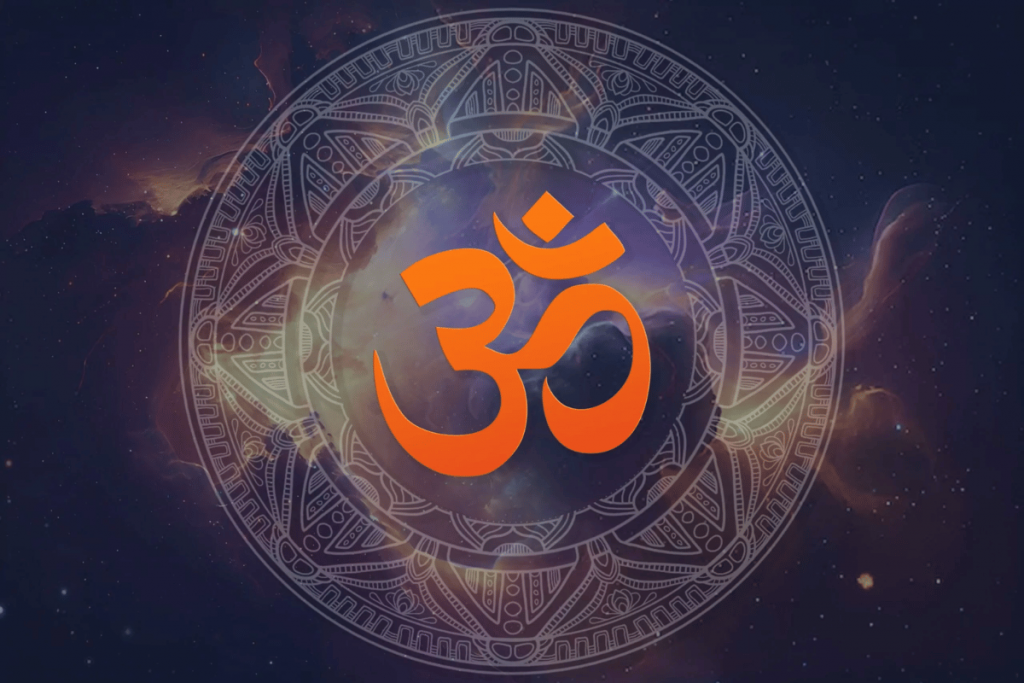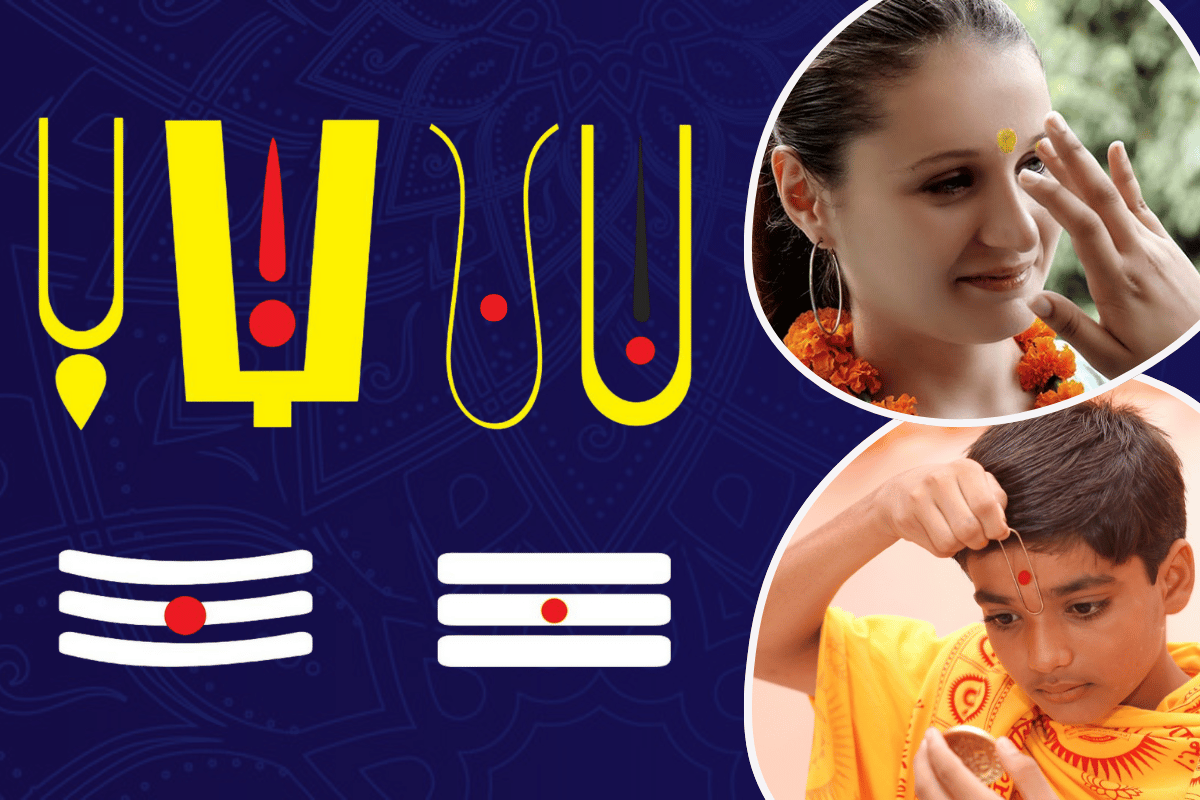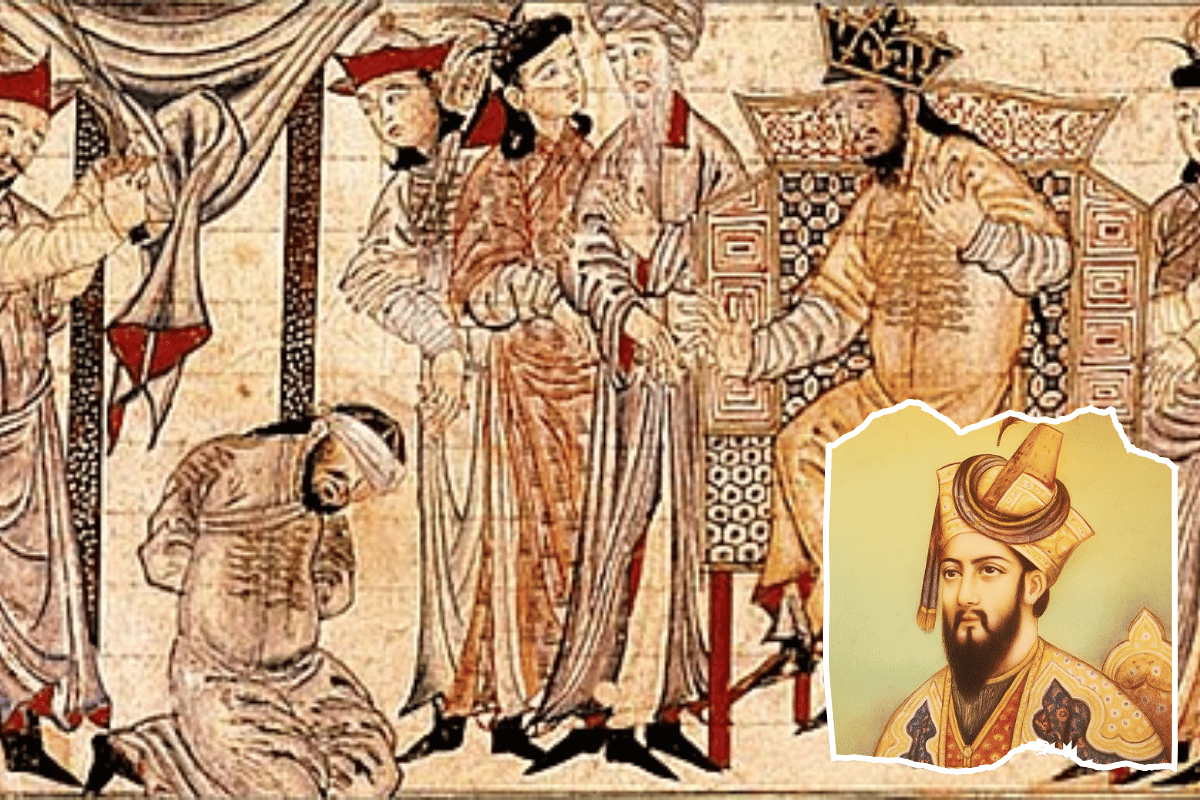
If anyone in the world is asked to describe the characteristics of a Hindu, quite commonly, the adjectives used are tolerance, respectful, well-integrated, etc.
It can be deduced that if Hindus the world over are described by these characteristics, then it must have occurred by design over a long period of time. In this article, we explore the ideas of how this may have come about.

One common thread which binds all Hindus is Sanātan Hindu Dharma, which is commonly described as their way of life. Hindu Dharma describes fulfilling duties as the most important task of any Hindu. The duty of each person can vary depending on their current situation in life. For example, a Hindu student will be expected to fulfil the duty of learning and accumulating knowledge to the best of their ability. A father and mother will have the duty of preserving, maintaining and providing for their family to the best of their ability.
However, there is also another duty to perform for all Hindus. That is the duty of a being a human being. The shastras (scriptures of Hindu Dharma) explain that every item found in the universe has an essential characteristic which describes the duty of the item. Without this essential characteristic, the item in question ceases to be that item. An example of this would be the essential characteristic and therefore the duty of a fire is to be hot. One will be able to find fires of different colours, sizes, and shapes, but it is impossible to find a fire which is not hot!
When we try to explain the essential characteristics of a human being, it is more complex due to the complexity of the human mind and behaviour. Understanding of commonality found in all the major religions provides the basic principles of a human being. These are described in various terms but are essentially peace, kindness, compassion and empathy.
Hindu Dharma takes this basic principle of a human being as the duty of every human being in the world to interact and behave in this fundamental way. For Hindus, this duty cannot be qualified by the idioms of other prescriptive religions or religious practices fundamentally being, ‘my God is the only God’.
Adhering to this principal duty of a human being over millennia has cultivated the characteristics so often used to describe Hindu people of tolerance, kindness, and respect regardless of creed, colour, caste, or religion.
Placing oneself in the shoes of others and understanding their difficulties, their issues, and even their understanding of the world, without using our own ego to be judgmental, forms the basis of Hindu compassion and empathy, enabling Hindus to be the people they are today, worldwide.
We have all heard the old adage, ‘treat everyone the same as you want to be treated yourself.’ For Hindus, this has become a way of life through the very famous statement found in the Upanishads (Hindu spiritual books), translating as ‘the whole world is one big family’ – Vasudhaiva Kutumbakam.









